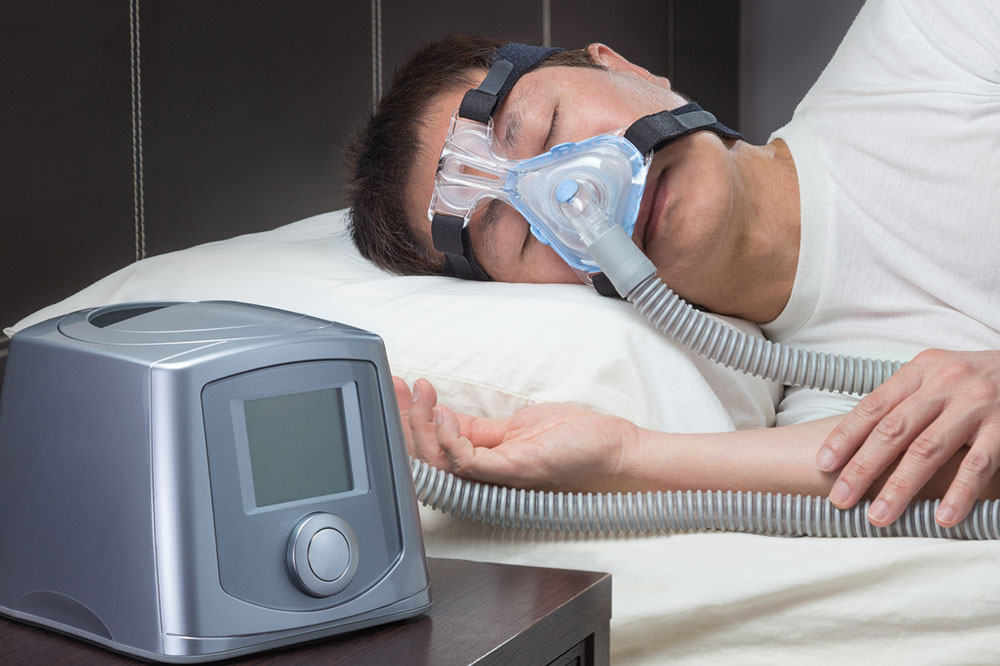
Causes of Sleep Apnea
Sleep apnea is a type of sleep disorder characterized by sudden fluctuations in breathing while sleeping. This interrupted breathing can be dangerous and can lead to other health problems if it is not addressed on time. Here are some of the causes of sleep apnea.
Changes to the muscles
Some muscular changes can create obstructions to breathing. This happens when the muscles that are responsible for keeping the airway open relax when a person sleeps. Along with these muscular changes, the tongue too relaxes, making the airway narrower. Generally, this does not hinder the passing of air in and out of the lungs, but it can be a problem with sleep apnea.
Physical obstructions
There can be obstructions like excessive fat stored around the airway, which can cause a person’s breathing to get interrupted. The air passing through airways that have been narrowed due to thickened tissue can cause snoring, quite common among those suffering from obstructive sleep apnea. Overweight individuals, especially men, have a high risk of developing sleep apnea due to this cause. Another category of high-risk individuals includes those with a neck circumference of more than 40 cm.
Neurological causes
In some sleep apnea patients, the cause of irregular breathing can be neurological. This could be due to any other existing conditions or from certain medications. Some of these underlying health conditions include those with illnesses of heart, lungs, or kidneys, and even those who have suffered a stroke. A recent ascent to high altitude can also cause the neurological faculties to affect an individual’s breathing.
Unhealthy lifestyle habits
Frequent consumption of alcohol and smoking can also cause sleep apnea. The former can cause the muscles to relax while the latter can cause fluid retention in the airways creating hindrances for air to pass.
Abnormal sizes of tonsils or adenoids
Significantly large tonsils or adenoids that are not removed through tonsillectomy in childhood can cause sleep apnea when the patients grow up. It can also cause sleep apnea in children, which can continue until adulthood if not addressed.
Genetic predisposition
Some individuals may have physical attributes naturally that can cause sleep apnea. This includes a narrower throat or an enlarged tongue that may fall back while sleeping. Obstructive sleep apnea can also be inherited if there is a history of the illness in the family.
Deviated septums
The flow of air can also get affected due to a deviated septum, to one or both sides. This may lead to the onset of obstructive sleep apnea.
Aging
Changes in muscle function and upper airway anatomy can lead to sleep apnea in older adults.



